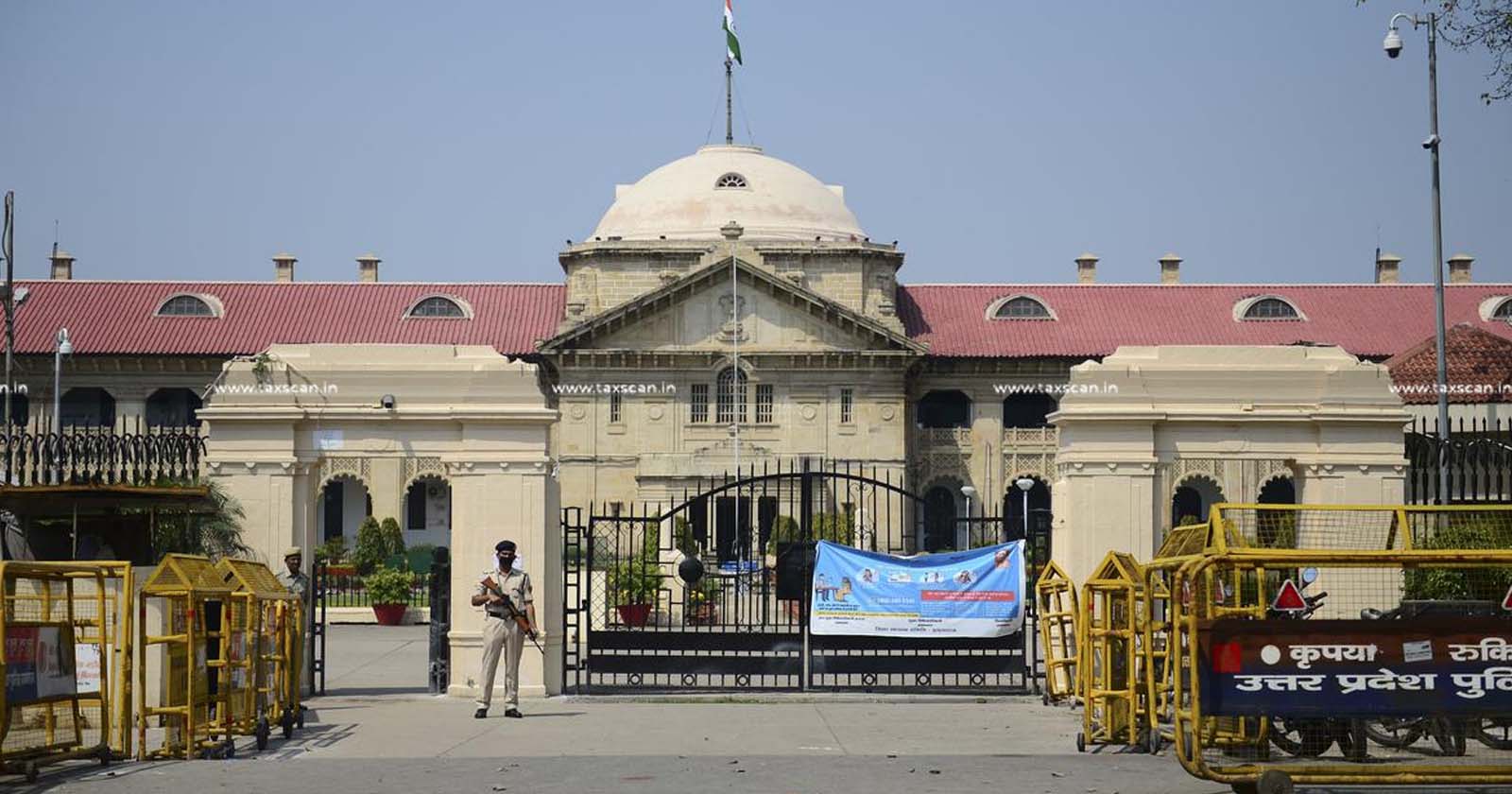Penalties should be Reserved for Cases where Intentional Act to Defraud Tax System is Evident: Allahabad HC [Read Order]
Penalties should be reserved for cases where intentional act to defraud tax system is evident, rules Allahabad HC

Penalties – Reserved for Cases – Intentional Act – Defraud Tax System – Evident – Allahabad HC – taxscan
Penalties – Reserved for Cases – Intentional Act – Defraud Tax System – Evident – Allahabad HC – taxscan
In a recent decision, the Allahabad High Court observed that penalties should be reserved for cases where intentional act to defraud tax system is evident.
Show Cause Notice was issued to the petitioner under Section 129(3) of the UPGST Act, 2017 alleging that the movement of the goods was in contravention to the provisions of the UPGST Act, 2017. The said Show Cause Notice required the petitioner to show cause as to why tax of an amount of INR 1,29,862/- along with an equivalent penalty of INR 1,29,862/- ought not to be recovered from it.
The petitioner contended that the impugned orders passed by the Respondent No. 2 and the Respondent No 3 are wholly illegal, arbitrary, against the principles of natural justice, and contrary to law. The Respondent No. 2 and the Respondent No. 3 have completely failed to appreciate the facts of the case as well as the applicable law. It is a settled law that if the e-Way Bill is generated and produced before the passing of the order under Section 129(3) of the CGST Act, 2017/UPGST Act, 2019 and if the goods are carried with all the other relevant documents evidencing payment of due tax, then in that case the detention and seizure of goods is wholly baseless and the same defeats the purpose of the said Acts.
In the instant case, the petitioner had also generated and produced the e-Way Bill on February 20, 2019 at 11:34 P.M. (i.e. before the detention which was made at 23:23:09 on February 20, 2019) and on February 21, 2019 at 12:46 A.M.(i.e. before the passage of the Order dated February 21, 2019 under Section 129(3) of the UPGST Act, 2017). In view of the same, the impugned order passed by the Respondent No. 2 is liable to be quashed with the grant of consequential relief to the petitioner.
A Single Bench of Justice Shekhar B. Saraf observed that “A penal action devoid of mens rea not only lacks a solid legal foundation but also raises concerns about the proportionality and reasonableness of the penalties imposed. The imposition of penalties without a clear indication of intent may result in an arbitrary exercise of authority, undermining the principles of justice. Tax evasion is a serious allegation that necessitates a robust evidentiary basis to withstand legal scrutiny. The mere rejection of post-detention e-Way Bills, without a cogent nexus to intention to evade tax, is fallacious.”
“Once both the e-Way Bills were presented before passing of the penalty order, and all the documents including the tax invoices, were found to be in order, the Respondent No. 2 had no sound rationale to pass the impugned order dated February 20, 2019. A bare reading of the said order would show that the presence of the tax invoices, was recorded by the Respondent No. Furthermore, the Respondent No. 2 also rejected the e-Way Bills which were generated post the detention of the goods, since the same in its opinion, was contrary to the provisions of the UPGST Act, 2017/ CGST Act, 2017.”
To Read the full text of the Order CLICK HERE
Support our journalism by subscribing to Taxscan premium. Follow us on Telegram for quick updates


